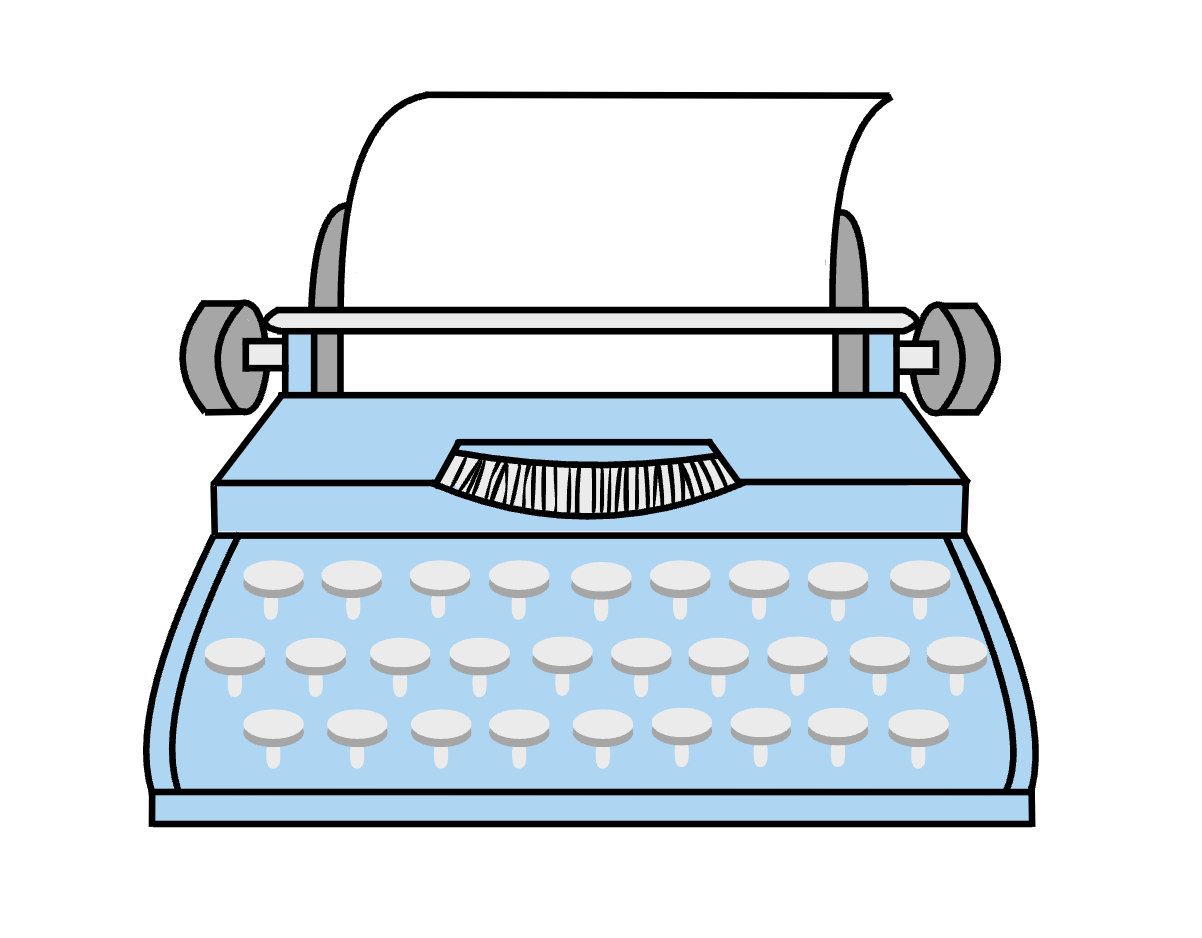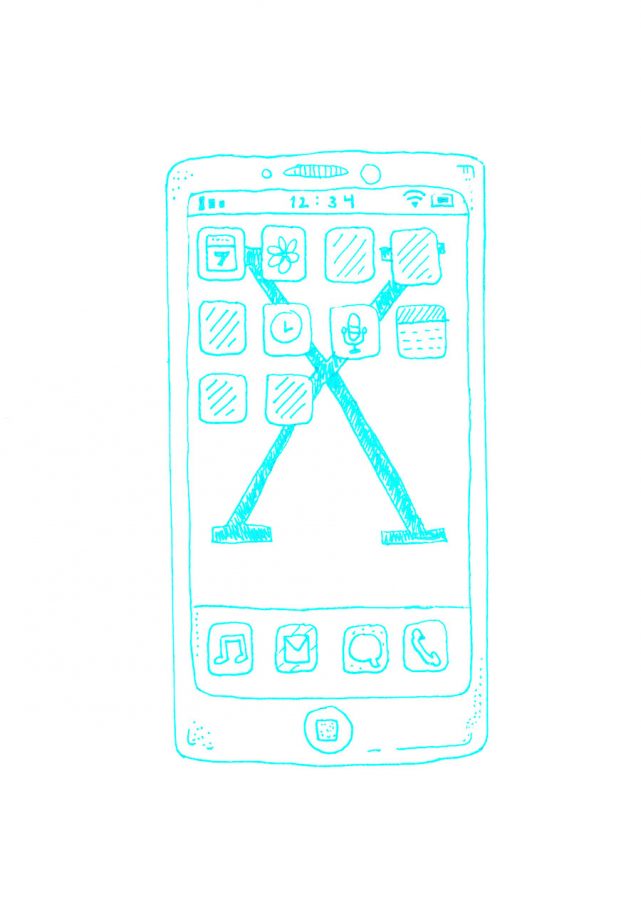iOS 10: Easier to steal your password?
The new Apple software update may have a serious flaw.
The newest update on the iPhone, iOS 10, might seem too good to be true. With people complaining that the newest update is making their phone slower, a new problem is lurking within the software. Hackers have been accessing passwords easier than ever before.
Everyone has heard numerous times how your password should contain special characters, have more than eight letters and should not contain any personal information. However, if you have already downloaded iOS 10, then all of these specific criteria for passwords will not make a difference.
According to Fortune.com, hackers are able to access your passwords about “2,500 times easier.” In addition, “The (iOS 10) software includes a new way to encrypt iPhone backups created through iTunes that gives hackers a far greater chance of obtaining a target’s passwords than the previous version of iOS.” Potentially, when a hacker successfully hacks an Apple user’s iOS 10 backup, the user’s credit card information, Apple’s keychain manager and many other password saving apps can be hacked spontaneously.
How does a hacker manage to break through all of the security walls associated with password protection? IOS 10 allows hackers to relay over six million passwords per second at the backup to potentially unlock “protected” data.
What does this mean for the normal Apple consumer? It can be very frustrating when Apple releases a new update that has increased security holes in comparison to the last update. Updates should improve all of the major security flaws while also improving the overall software of the iPhone itself. However, in response to the recent concern, Apple told Fortune that it has acknowledged this problem and suggests that users install Apple’s FileVault disk-encryption software to provide an extra layer of protection during backups. By easily going to Apple.com to find the step-by-step instructions to turn on FileVault, “the FileVault full-disk encryption… [can] help prevent unauthorized access to the information on your startup disk.”




